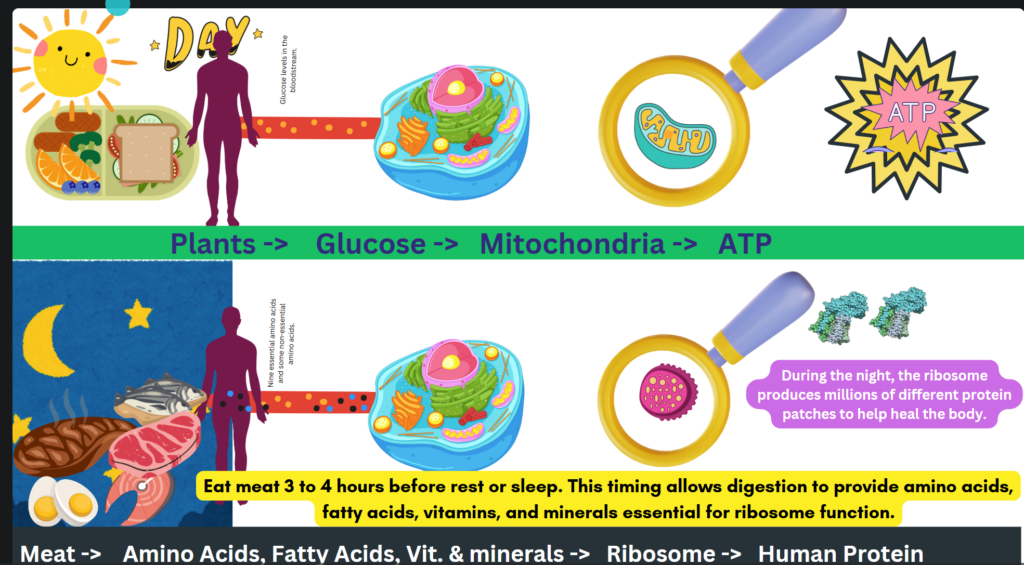
Antacids: Generally safe for short-term use but can disrupt calcium and magnesium balance if overused.

PPIs: Effective for severe acid reflux but linked to significant risks, including malabsorption of key nutrients, bone weakening, and susceptibility to infections.
H2 Blockers: Safer for moderate use but may interfere with other medications and lead to nutrient deficiencies.
| Category | Medication | Function | Health Challenges |
|---|---|---|---|
| Antacids | Tums (Calcium Carbonate) | Neutralizes stomach acid | Overuse can cause rebound acidity and calcium imbalance (hypercalcemia). |
| Maalox (Aluminum & Magnesium Hydroxide) | Neutralizes acid | Long-term use may lead to kidney issues and electrolyte imbalances. | |
| Rolaids (Calcium Carbonate & Magnesium Hydroxide) | Neutralizes acid | May cause constipation (calcium) or diarrhea (magnesium) if overused. | |
| Proton Pump Inhibitors (PPIs) | Omeprazole (Prilosec) | Blocks acid production | Long-term use linked to nutrient deficiencies (B12, magnesium), bone fractures, and gut infections (C. difficile). |
| Esomeprazole (Nexium) | Blocks acid production | Kidney disease and increased risk of dementia with prolonged use. | |
| Pantoprazole (Protonix) | Blocks acid production | Risk of osteoporosis and potential liver damage with chronic use. | |
| H2 Blockers | Famotidine (Pepcid) | Reduces acid production | Can cause headaches, dizziness, and vitamin B12 deficiency over long-term use. |
| Cimetidine (Tagamet) | Reduces acid production | May interact with other drugs, causing hormonal imbalances (gynecomastia in men) and liver issues. |
A Smarter Approach to Stomach Health: Understanding the Role of Acid
Knowing how stomach acid works and its critical role in digestion can literally save your stomach—and, by extension, your LIVER and overall health. Your stomach acts as the gateway to either optimal nutrition or the entry point for toxins into your liver.
If you’ve been relying on medications like antacids, PPIs (Proton Pump Inhibitors), or H2 blockers for more than 2-3 months, it’s a sign that your stomach’s pH balance might be off. Ignoring this can lead to long-term complications, including poor digestion and nutrient deficiencies.
Why Stomach Acid is Essential: #( Meat to Amino Acids)#
- Mineral Absorption:
- Stomach acid helps your extract from foods the iron, B12, magnesium, and zinc—essential nutrients for energy, immune function, and overall health.
- Protein Digestion:
- Acid activates pepsin, an enzyme that breaks down proteins into amino acids. Without enough acid, you’re not digesting your meat /dieatry protein properly, which affects amino acids itake which means no gut repair, no muscle repair and no hormone production, no cologen, and everything else.
- Protective Barrier:
- Acid prevents harmful bacteria and fungi from entering your intestines, reducing the risk of infections.
Signs to Reevaluate Your Strategy:
If you’ve been using medications for conditions like acid reflux or GERD for an extended period, ask yourself:
- Am I addressing the root cause of my stomach issues?
- Is my stomach acid low (pH higher than 2.5)?
- Am I giving my stomach time (2-3 hours) to break down proteins effectively?

Steps to Take:
- Consult Your Doctor:
- Ask about the importance of stomach acid for digestion and nutrient absorption. Discuss strategies for improving digestion naturally.
- Restructure Your Approach:
- Consider Betaine HCl, digestive enzymes, and bile salts during meals, as these can support proper digestion while protecting against the risks of long-term medication use.
- The Image above is the link for Dr Burg’s Digestive Support.
- https://a.co/d/7aGUAVL
- Dietary Adjustments:
- Focus on whole, nutrient-dense foods and avoid known triggers like processed foods, excessive caffeine, and alcohol.
The Trio Protocol says ” Eat meats in the evening to supply your amino acids to the process at nights where the ribosomes, takes the input of amino acids and converts them into healing protien”
Takeaway: Your stomach’s acidity (pH 1-2.5) is critical for digestion. If it’s compromised, you’re not digesting food—you’re just making waste. Pay attention to what your body needs and make adjustments accordingly. Proper digestion starts with the stomach, and you have the power to optimize it!ng-term use of these medications should be monitored by a healthcare provider to avoid complications.